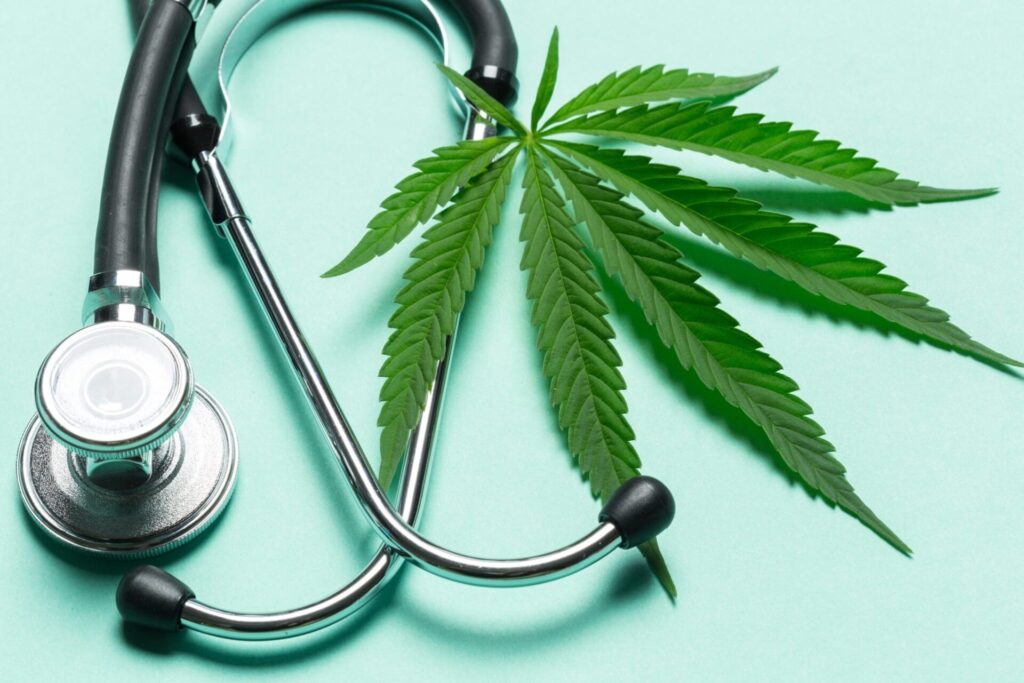How Medical Cannabis Is Transforming Pediatric Care

Medical cannabis is gaining traction as a potential therapeutic option for pediatric conditions, offering hope to families navigating complex medical challenges. A new review in the journal Medical Cannabis and Cannabinoids highlights significant benefits of high-CBD, low-THC cannabis products for children with conditions such as autism spectrum disorder (ASD), treatment-resistant epilepsy, cancer, and other rare disorders like Sturge-Weber syndrome.
Key Findings from the Study
The review evaluated 10 studies published since 2019, focusing on non-FDA-approved cannabis-based medical products often used in real-world scenarios. Here’s what the researchers found:
- Improved Quality of Life for Pediatric Patients
- The studies revealed that cannabis significantly improved quality-of-life symptoms for children with ASD and epilepsy, particularly in areas where conventional treatments had limited success.
- Among ASD patients, 74.5% experienced symptom improvements, while only 3.9% saw worsening outcomes.
- Minimal and Manageable Side Effects
- Unlike traditional pharmaceuticals, the most common side effects of cannabis included mild drowsiness and appetite changes.
- Promising Applications Beyond ASD
- While ASD had the strongest research backing, other conditions such as cancer, epilepsy, and Sturge-Weber syndrome showed similarly encouraging results.
- Gaps in Long-Term Safety Data
- The review noted the lack of comprehensive long-term safety studies, especially for pediatric populations.
Why High-CBD, Low-THC Products?
Most products studied were high in CBD and low in THC, minimizing the psychoactive effects of cannabis while retaining its therapeutic benefits. Only one study included THC-only products, underscoring the focus on CBD as the safer cannabinoid for pediatric care.
Barriers to Access and Research Challenges
The authors highlighted several obstacles, including:
- Lack of Standardization: Pediatric patients in the U.S. and Canada often rely on dispensary-sourced products, which can vary in quality and composition.
- Study Design Limitations: Many studies lacked control groups and used small sample sizes, limiting the generalizability of findings.
- Unclear Dosing Guidelines: Researchers emphasized the need for studies exploring specific dosages and administration methods for different conditions.
Medical Cannabis and Autism Spectrum Disorder (ASD)
Autism was a major focus of the review, given its prevalence and the challenges families face in managing symptoms. Researchers noted significant improvements in areas such as communication and behavior, though outcomes varied. They called for further studies to determine which ASD subtypes and symptoms respond best to cannabis.
What About Other Conditions?
The review also aligned with prior findings that medical cannabis effectively alleviates chemotherapy-induced nausea and vomiting, underscoring its potential in pediatric cancer care. Treatment-resistant epilepsy—where existing drugs often fail—was another area where cannabis showed promise, particularly in reducing seizure frequency.
A Call for More Research
While the review is optimistic, it also underscores the need for further studies on long-term safety, drug interactions, and the most effective cannabis formulations for pediatric patients. The authors also recommended investigating other routes of administration, such as inhalation versus oral solutions, to optimize outcomes.
Debunking Myths: Youth Cannabis Use and Legalization
Importantly, fears about increased recreational cannabis use among youth following legalization are not supported by data. Federal reports and independent studies have consistently shown declining rates of marijuana use among minors since states began legalizing cannabis for adults.
For example, a 2023 Healthy Kids Colorado Survey revealed that past-30-day cannabis use among high school students dropped from 13.3% in 2021 to 12.8% in 2023. These findings challenge misconceptions about the impact of legalization on youth consumption.
The Future of Cannabis in Pediatric Medicine
As medical cannabis gains traction, its potential for addressing complex pediatric conditions continues to grow. However, more rigorous, controlled studies are essential to unlocking its full therapeutic value. With increasing societal acceptance and ongoing research, cannabis may soon become a mainstream tool in pediatric care.
This review serves as a crucial step toward understanding how cannabinoids can improve lives, offering hope to families seeking effective, low-risk treatments for children’s health challenges.






Responses